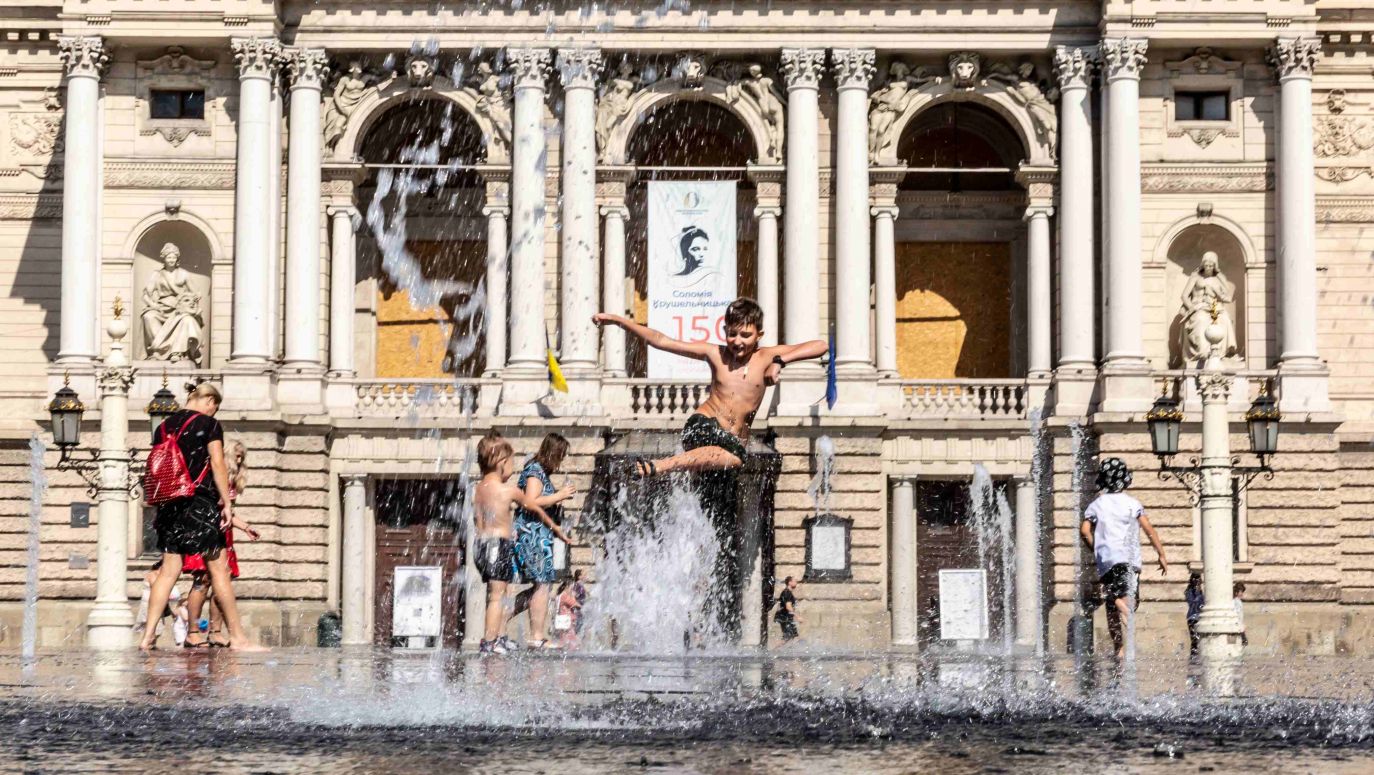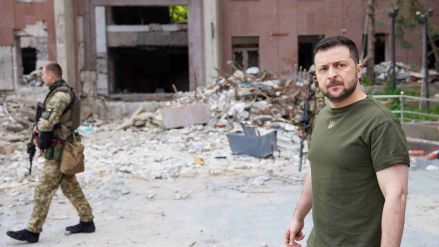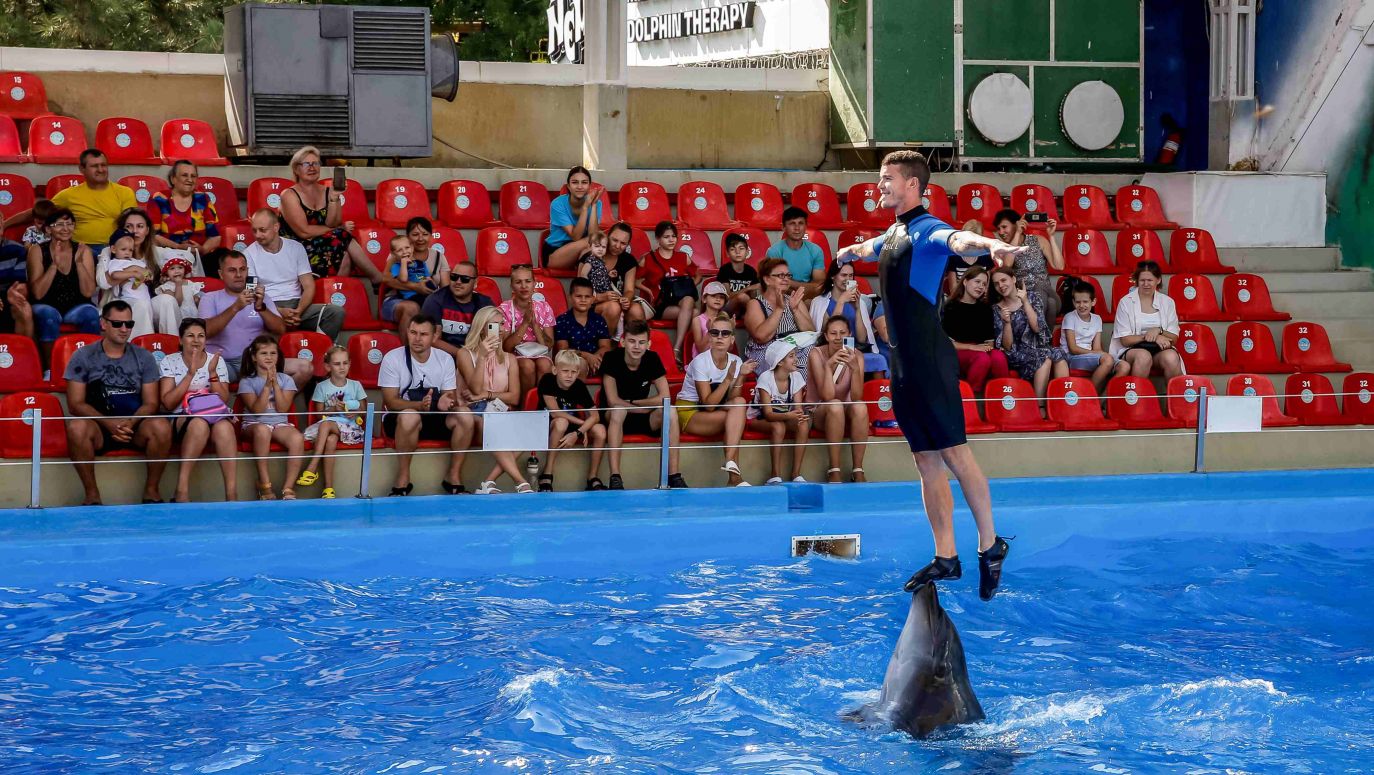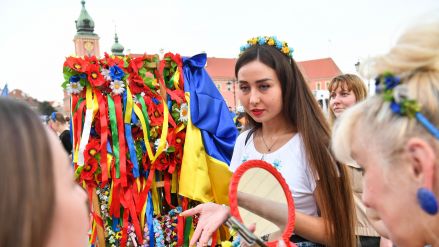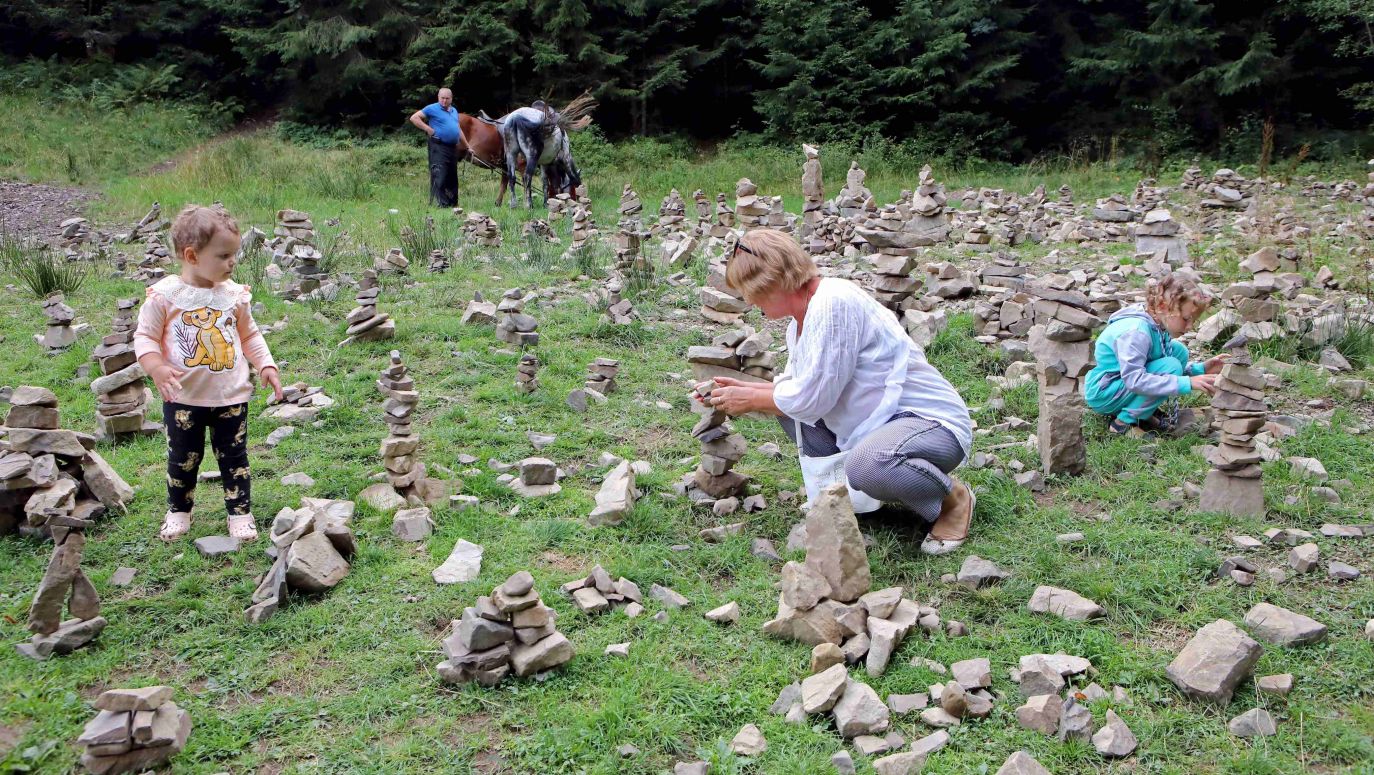Leisure during wartime – these words sound like an oxymoron. It might seem that this element of normal life is unattainable in Ukraine in war conditions as no corner of the country guarantees full security against missile attacks even if it’s located very far from the front. On the other hand, tourism is a source of income for many and, what’s not less important, of tax revenue as well as support for the country’s economy.
At the same time it is possible to find numerous photos from Ukrainian resorts on the internet therefore one can have the impression that people adapted their holiday customs to the war conditions. In reality though it’s not the case, and photos in social media usually don’t reflect the real state of things in this branch of industry.
Tourism at the back of the front
Volodymyr Tsaruk, director of the Center for Tourism Development holds a view that the summer holiday season simply didn’t occur in Ukraine. The problem is that usually some 70% of Ukrainians spent their vacation at the sea side – which is now inaccessible – a considerable chunk of Southern Ukraine is occupied by Russia while in free area (such as Odessa) beaches are closed off due to the threat of mines which can float to the shore.
 SIGN UP TO OUR PAGE
SIGN UP TO OUR PAGE

Hence the tourism industry was looking for new opportunities – trips on classic routes near bigger cities were organized. Many guides drew up new itineraries, taking into consideration that choosing usual destinations may be dangerous. So people set off for Kyiv, Vinnytsia, Lviv, Ternopil. The children’s holiday also came out well: many youth camps were organized, mostly in Western Ukraine – i.e. in Trans-Carpathia, Bukovina, in Ivano-Frankivsk and Lviv regions. When it comes to security matters, in most tourist centers and hotels there are basements which have been turned into air-raid shelters. In Kyiv summer play centers enjoyed considerable popularity as the kindergartens were closed – says Volodymyr Tsaruk.
Some tour operators dealing with foreign tourism organized coach trips instead of chartered flights – mostly in Europe and to seaside countries such as Bulgaria, Montenegro, Greece, Croatia and Turkey. However, according to the Center for Tourism Development the income in this branch has considerably shrunk – by 85-90%.
Western Ukraine remains the most popular and safe destination. The so-called “weekend tourism” – where people arrive only for Saturdays and Sundays has proven to be particularly visible. But also one those days the hotels weren’t filled even by 2/3 – underlines Tsaruk. – Hotels introduce discounts and offer lowest prices, balancing on the edge of minimum profitability. On the whole, the summer season kept the tourism branch afloat, at least for some time. Most companies have survived thanks to lowering prices but many employees have been sent on unpaid leaves or simply fired.
As he points out, the hotel segment in Ukraine operates in survival mode. Some companies have been closed down in order not to generate losses. In the autumn-winter season the situation will probably even aggravate because heating rooms with a 50% shortage of energy is simply expensive. Some hotels will be shut down till April not to lose money for heating and electricity.
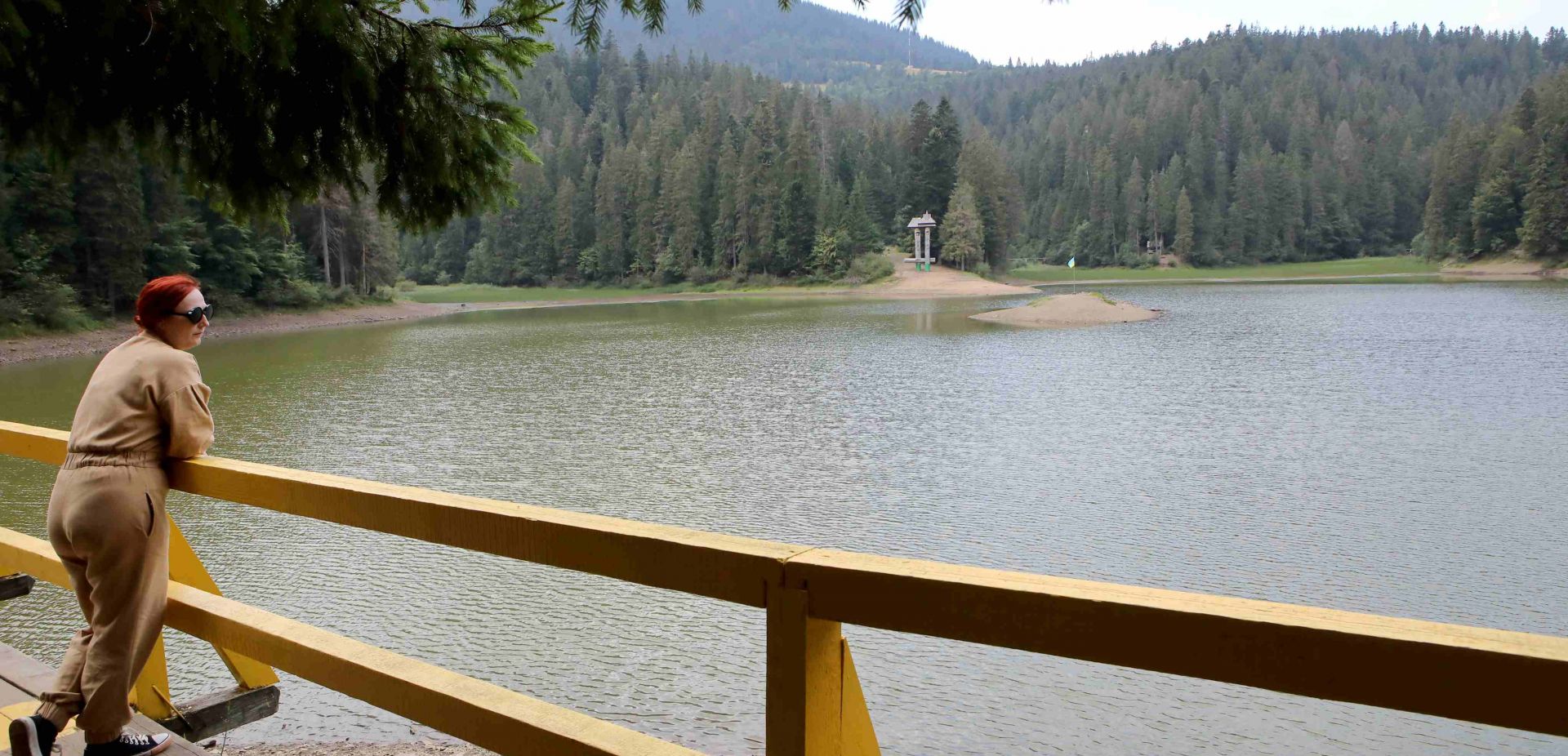
 SIGN UP TO OUR PAGE
SIGN UP TO OUR PAGE
 Hence the tourism industry was looking for new opportunities – trips on classic routes near bigger cities were organized. Many guides drew up new itineraries, taking into consideration that choosing usual destinations may be dangerous. So people set off for Kyiv, Vinnytsia, Lviv, Ternopil. The children’s holiday also came out well: many youth camps were organized, mostly in Western Ukraine – i.e. in Trans-Carpathia, Bukovina, in Ivano-Frankivsk and Lviv regions. When it comes to security matters, in most tourist centers and hotels there are basements which have been turned into air-raid shelters. In Kyiv summer play centers enjoyed considerable popularity as the kindergartens were closed – says Volodymyr Tsaruk.
Hence the tourism industry was looking for new opportunities – trips on classic routes near bigger cities were organized. Many guides drew up new itineraries, taking into consideration that choosing usual destinations may be dangerous. So people set off for Kyiv, Vinnytsia, Lviv, Ternopil. The children’s holiday also came out well: many youth camps were organized, mostly in Western Ukraine – i.e. in Trans-Carpathia, Bukovina, in Ivano-Frankivsk and Lviv regions. When it comes to security matters, in most tourist centers and hotels there are basements which have been turned into air-raid shelters. In Kyiv summer play centers enjoyed considerable popularity as the kindergartens were closed – says Volodymyr Tsaruk.